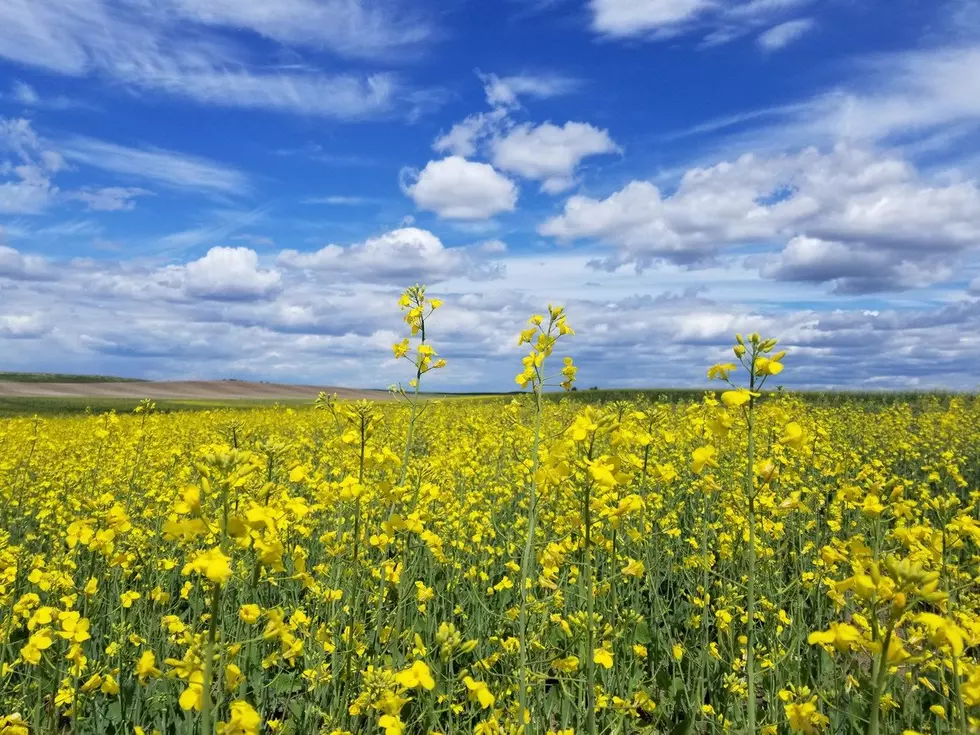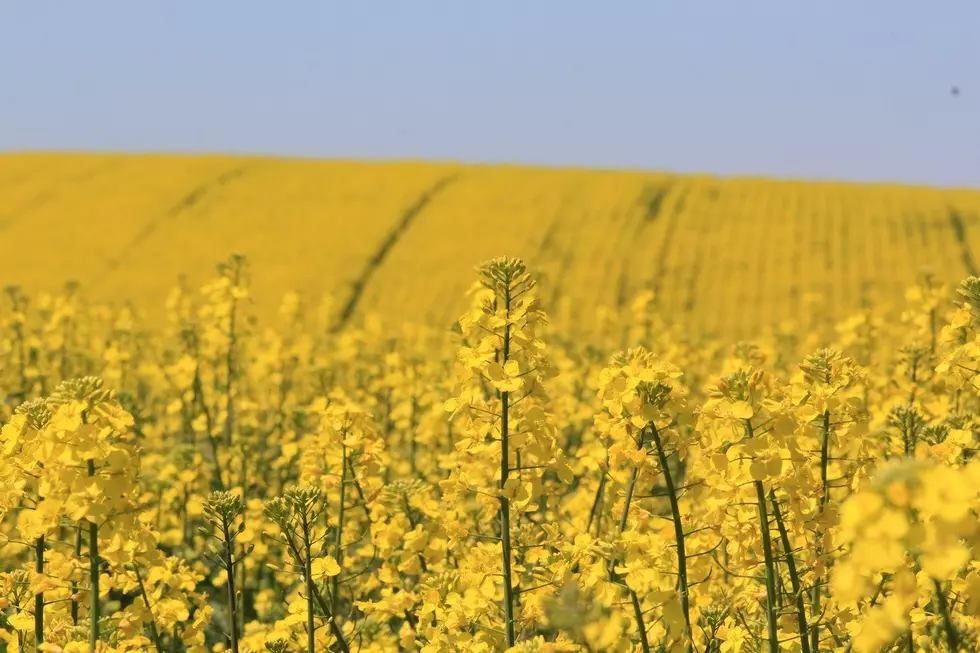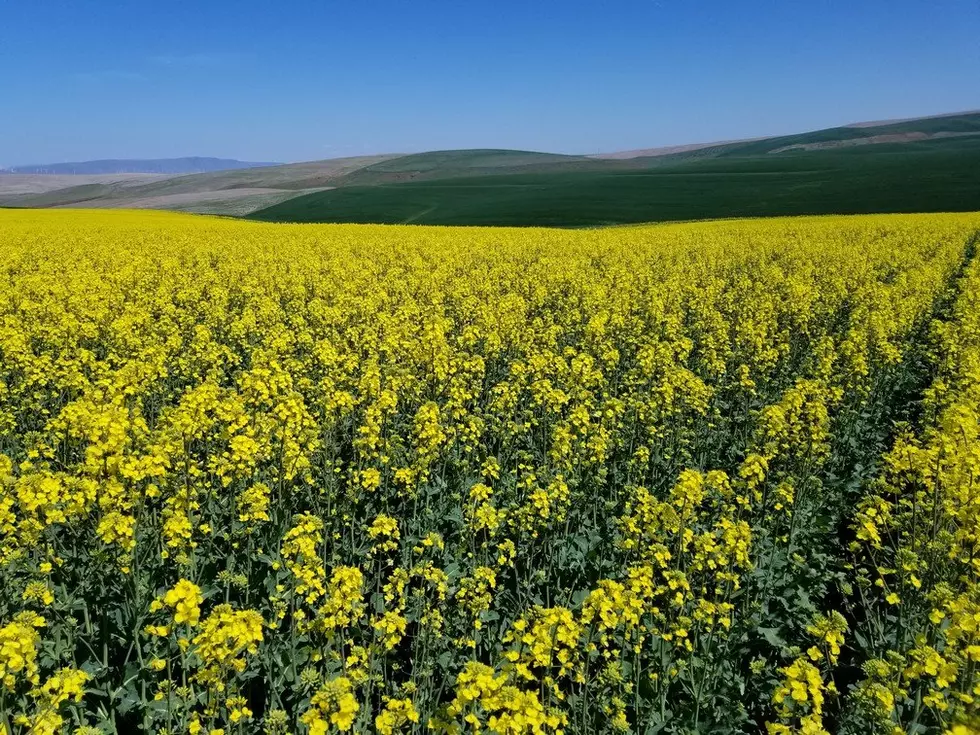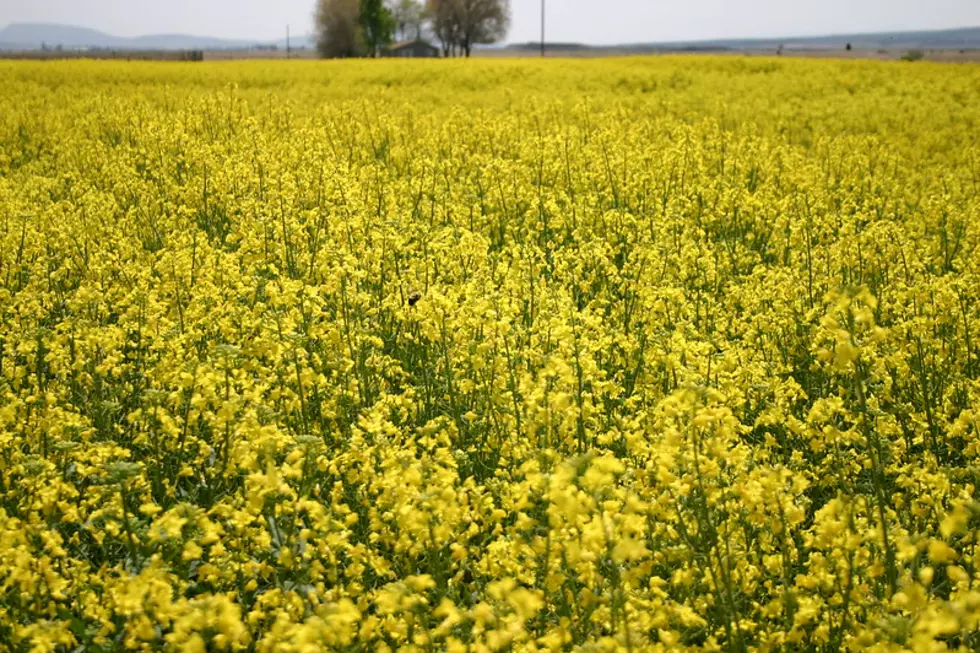
More and More Farmers Looking At Oilseeds
With a steady local demand for canola, and wheat production being challenged by falling numbers and falling prices, many dryland growers are looking at adding oilseed crops like canola to diversify their rotation. A move, Washington State University’s Karen Sowers said can be very beneficial for many growers across the Inland Northwest.
“Neighbors are watching neighbors who are growing oilseeds. They are seeing things like improved weed control, reduced runoff from fields with oilseed crops during a heavy rain, better wheat yields following the crop, and a more profitable bottom line. With these benefits, and the canola crushing facility in Warden, Washington, yes, I’m hearing growers and industry alike paying more attention to canola and the opportunities it provides.”
Sowers added there are many options for conventional, non-GMO and GMO varieties to combat weed problems and residual herbicides common in a cereal rotation.
“The number of varieties out there with and without herbicide resistant traits provides a powerful tool for wheat producers to be able to put a broadleaf oilseed crop, such as canola or mustard in the rotation.”
Sowers added that Washington State University, Oregon State University and the University of Idaho researchers and county Extension faculty are a great resource to help you get started with oilseed production, as well as the websites for each of the universities.
If you have a story idea for the Washington Ag Network, call (509) 547-1618, or e-mail gvaagen@cherrycreekradio.com
More From PNW Ag Network









